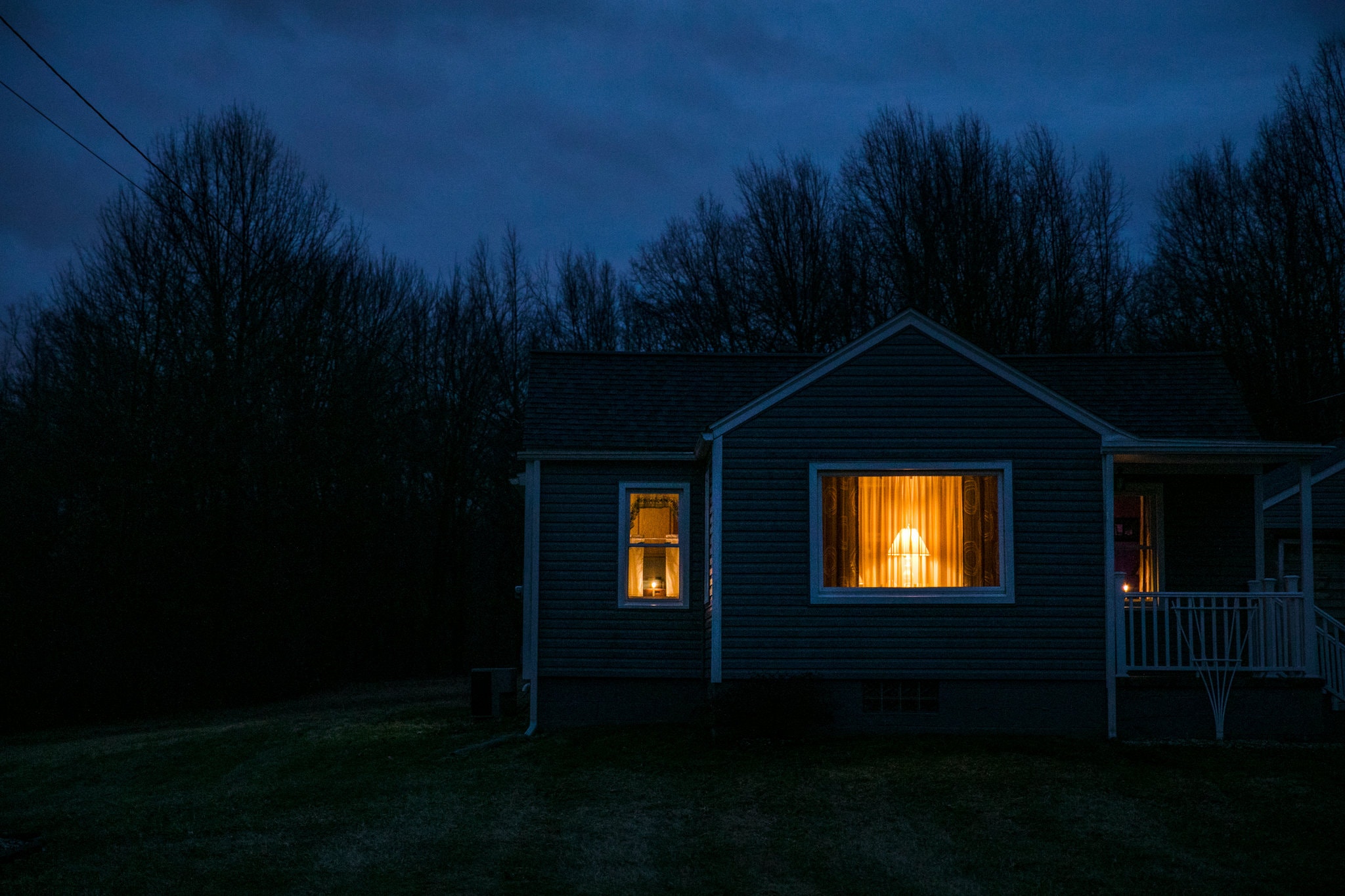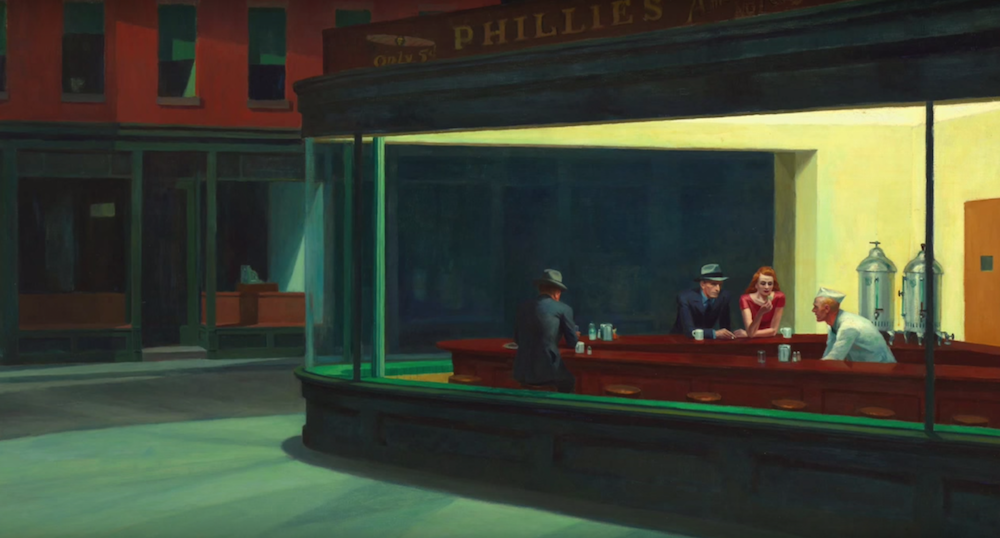Frisson
 David Antrobus Posted on
David Antrobus Posted on  Friday, April 10, 2020 at 10:54PM
Friday, April 10, 2020 at 10:54PM  Though he was kind of an awkward boy, when he walked out on the edge of his momma’s property he felt like he’d donned a new layer of being a man, protector of his kinfolk, even when the woman in the open convertible laughed uproariously at his sincere warning.
Though he was kind of an awkward boy, when he walked out on the edge of his momma’s property he felt like he’d donned a new layer of being a man, protector of his kinfolk, even when the woman in the open convertible laughed uproariously at his sincere warning.
“Aren’t you precious?” she said, her smile in the gloaming more alive than the leaking sun.
He enjoyed a quiet life in a small place, perfectly liked by most. He’d only ever had one fight, and that was with Harlan, his good friend, and almost right away they’d laughed about it and grabbed each other’s heads and knuckled them. He once got mad at his mom, but in hindsight that only made him ashamed because his anger had been misplaced and wrong, and she hadn’t deserved it, didn’t deserve it, most likely would never deserve it. And even on the off-chance she deserved it, it wasn’t his call. She sewed spectral deer and ranges of purple hills on handkerchiefs. In her garden she told him where to dig.
In back, a possum sniffed and lurched her awkward course through brambles. She had lost one of her litter earlier and knew the dearth of sympathy in the world. The clanking proximate of rail assemblage assailed her ears, and she somehow dreamed her life anew, alert to her lost joey. How is it possible the owl might return to her one mislaid and mewling thing?
When will such perplexities be resolved?
He was instantly lost. The gap in her front teeth spoke of secrecy and darkness, even in as wide a grin as she turned on him like a torch. She was from away, an away he couldn’t draw even on the sketchpad he carried everywhere, though he eventually tried, with pencils, charcoal, and pastels.
There exist parts of the world that won’t be rendered.
Earlier that season, when the winds had whipped themselves into a frenzy, a young vixen made a nest back near the wooded place, and the boy would go check on it, not too close to spook them, not too far to lose interest. He was a kind boy who loved the living things on this pained earth. And he liked to draw them and give them their names.
“Get in,” she said and made it sound like a fun thing hiding something joyless. “There are places we could go.”
Even when they’re cruel, women are so appallingly generous.
He did hesitate, but only for a second or so, and then he climbed in her car, watching an eruption of starlings above the field across from his home find their shape and bloom like a cowl. On the radio he heard a James Brown song that made him want to cheer at first but then cry.
“I’m nobody. No one,” he said, then managed to blurt, “What is your name?”
“You can call me Glorious this time around.”
And then, oh Christ, she laughed, and he did too, though he didn’t know why, and he sensed it was the gravest of errors in a short life mostly bereft of them.
“Which places do you want to visit?” he asked. “I should go tell my mom.”
“You should, but you won’t.” And she laughed again, that sound like a waterfall turned to ice. She gripped his thigh hard, and he felt something there, like she’d injected something dark and slow and persistent under his skin, something that squirmed toward his privates and maybe his heart.
Under darkness, attentive to the shifting traffic of small things, the silent owl also seeks sustenance yet asks for no name.
Truth is, under bland and quieting skies, the rutted road ahead like a broken arrow, a sudden breeze like the ghosts of childhood whispering, Glorious had taken him, but also it can’t be denied he’d allowed himself to be taken.









